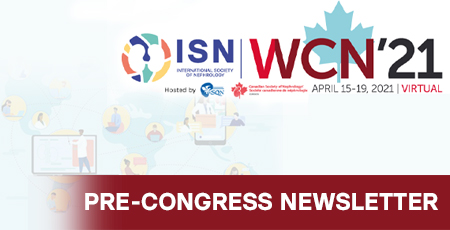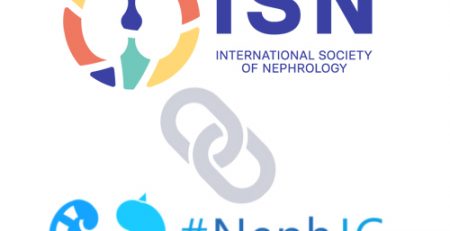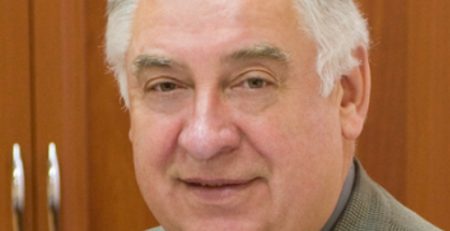Can children with nephrotic syndrome receive less aggressive steroid treatment?

Children who develop nephrotic syndrome are usually treated with corticosteroids (normally prednisone or prednisolone) over prolonged periods and at doses recommended by the International Study of Kidney Diseases in Children almost 50 years ago.
In her presentation at WCN’21, Dr. Aditi Sinha, Associate Professor of Pediatrics at the All India Institute of Medical Sciences, Delhi, will argue that emerging evidence suggests that it may be possible to treat children with reduced or shortened courses of corticosteroids, which could help to reduce the short- and long-term adverse effects of the drug. However, further well-conducted, large randomized controlled trials are needed.
Nephrotic syndrome is a rare disease with an annual incidence of between 1.2 and 16.9 per 100,000 children and a prevalence of about 12-16 per 100,000 children. It is one of the most common chronic kidney conditions in children, and although children can experience frequent relapses, the condition usually resolves itself in adolescence.
If nephrotic syndrome is treated with corticosteroid therapy when it first appears, it can postpone relapse and lessen the severity of its subsequent course. Initial episodes are usually treated for several weeks, and young children are dosed based on body surface area, rather than body weight, to prevent underdosing.
“Despite decades of use, the dose and duration of corticosteroid therapy for various indications in nephrotic syndrome is usually empiric and not guided by robust evidence. Frequent or prolonged therapy with high-dose corticosteroids is associated with significant toxicities in the short and long-term,” says Dr. Sinha.
“It remains to be examined whether lower doses or shorter duration of prednisone therapy may suffice when managing the initial episode or relapse, and whether this may be acceptable in patients with frequent relapses, steroid dependence or steroid resistance.”
Several recent, large, multicenter randomized controlled trials have shown that extending initial therapy beyond 8-12 weeks does not influence the time to first relapse or the risk of frequent relapses after one or two years’ follow-up. Other studies have suggested that reduced or shortened duration of prednisone therapy is effective in inducing and maintaining remission after a relapse.
“Results of these studies provide a rationale for minimizing the exposure to corticosteroids for children with nephrotic syndrome and are likely to become part of upcoming international and regional evidence-based guidelines. However, well-powered studies are required to evaluate the optimal dose and duration of prednisone therapy for relapses,” concludes Dr. Sinha.
Dr. Aditi Sinha: “Steroid minimization in nephrotic syndrome – Emerging evidence challenging dogma” in theme symposium on Nephrotic syndrome in children: the state of the art today, Joint session with IPNA
Saturday 17 April, 12.30-14.00 hrs Montréal (Canada) time













